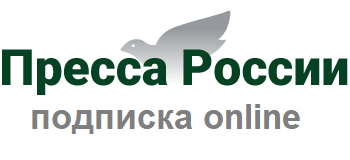The aim of the paper is analysis of the inner controversies of sociobiology. The author investigate how key idealizations («selfish person») and theoretical constructions of sociobiology (person’s behavior at a given moment is structured by maximization of short-term victory, so that the choice of behavior from a variety of possible tactics and forms of activity is determined by the correlation of «victory» to «payment» here and now) are applicable to various situations of animal life in society; is it really possible to explain the structure of their connections and features of their behavior on the basis of monatomic characteristics of individuals (motivation, power, activity, competitiveness).
The author shows that both are possible only in anonymous and non-structural groups and also for a short time period. Further on more contacts lead to interaction that makes the animals socially connected and socially dependent. In this condition their behavior contradicts the forecast of sociobiology both by ultimatum and proximal mechanisms.
Ultimatum mechanisms are characterized as primate of systemic over adaptivity. Interacting in society individuals 1) firstly construct spices-specific pattern of social organization (cooperative and «altruistic» action to create a system whole); 2) only after that within the framework of appeared connections they compete with each other for the territory, mates, social status, etc., resources that are important for their own fitness («selfish» activity)
The second only takes place on the condition of realization of the first, even when the first is connected with the high risk of the loss of status in this settlement. Proximal mechanisms are characterized by «non-optimal» behavior of animals in society. In their social activity and behavior of self-reliance there are always expenses that from the point of view of sociobiology are «extra» because they «lower the effectiveness». The reason for thatis that the animals tend to long-term relationships in spite of all the obstacles of the environment, so they sacrifice their short-term victory.
Keywords: animal communication, ethology, foraging behaviour, ornithology, population biology, social evolution, social organisation, sociobiology











